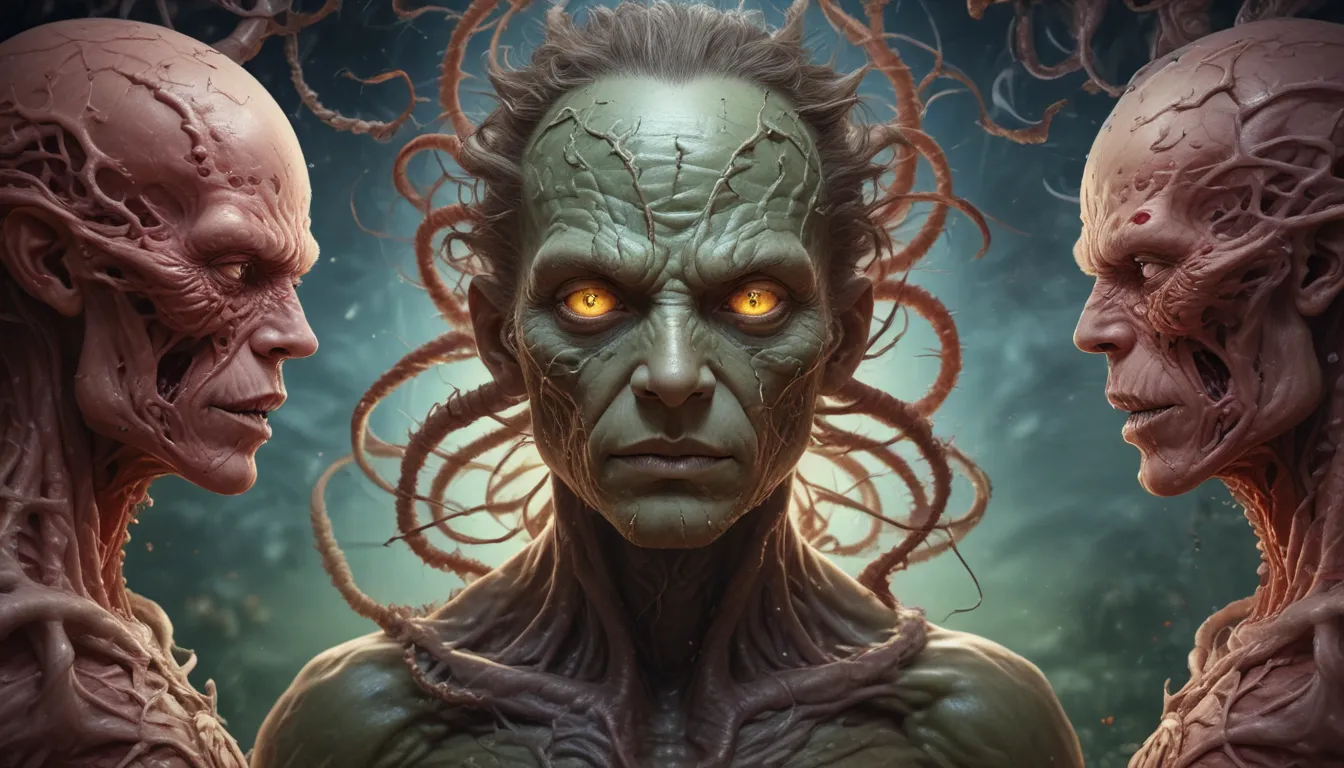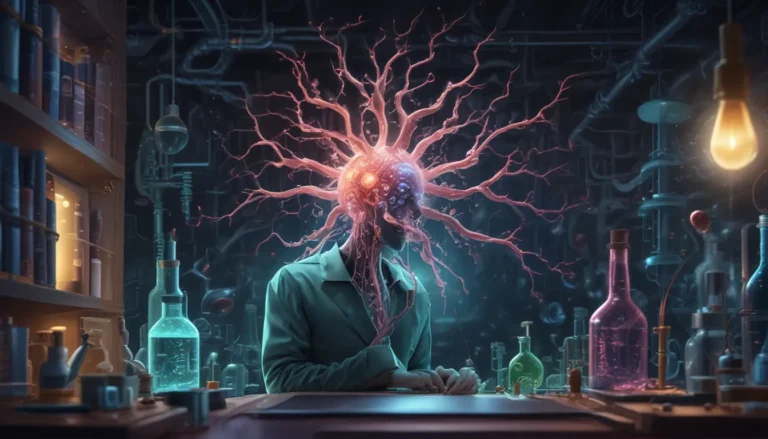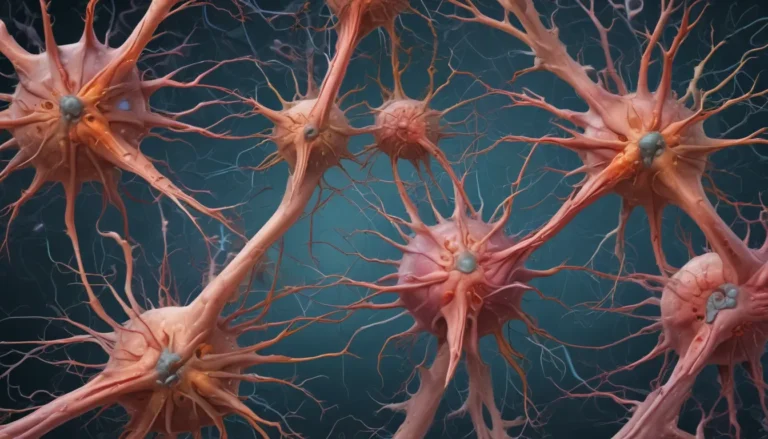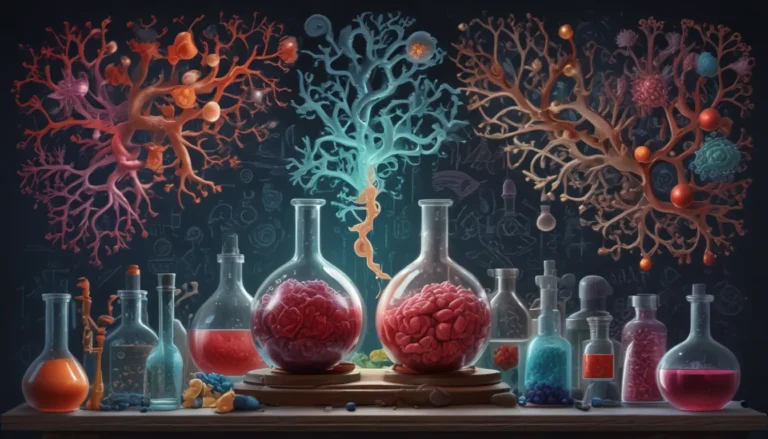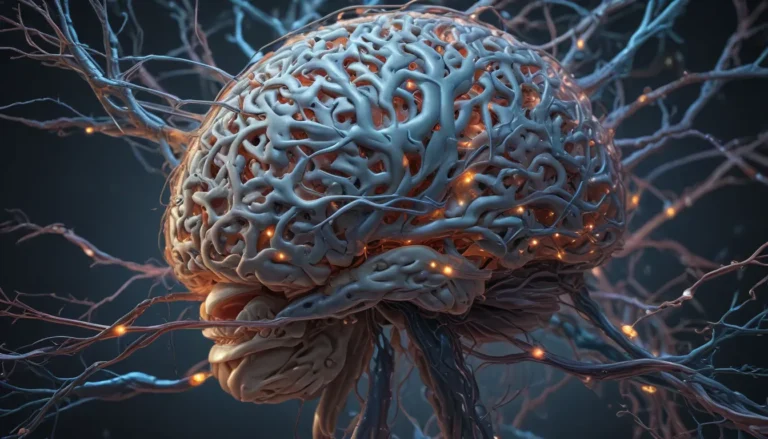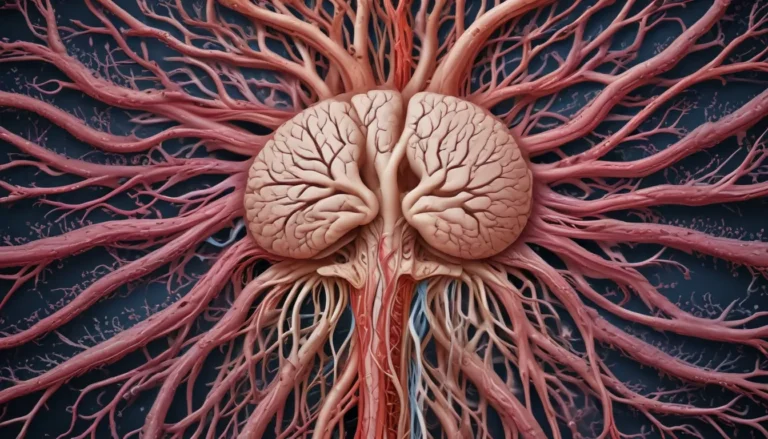A Note About Images: The images used in our articles are for illustration purposes only and may not exactly match the content. They are meant to engage readers, but the text should be relied upon for accurate information.
Welcome to the captivating world of mutation! Mutation, a fundamental concept in biology, refers to the process through which changes occur in the DNA sequence of an organism. It plays a vital role in evolution, genetic diversity, and the development of different species. In this article, we will delve into 13 unbelievable facts about mutation that will challenge your understanding of the biological world. From the fascinating ways in which mutations have influenced human evolution to the bizarre mutations found in animals, prepare to be amazed by the astonishing world of mutations.
The Marvels of Mutation:
Mutations: The Architects of Evolution
Mutations serve as the superheroes of evolution, creating genetic diversity and driving species’ adaptation to changing environments. These alterations in DNA can lead to a wide spectrum of outcomes, both beneficial and detrimental, shaping the characteristics and traits of living organisms. Without mutations, species would not be able to adapt and evolve in response to changing conditions.
The Duality of Mutations
Mutations can be both helpful and harmful, serving as genetic treasure chests that hold the key to new traits and species. While some mutations can provide advantages to an organism, such as increased resistance to diseases or improved abilities, others can have detrimental effects, leading to genetic disorders or developmental abnormalities.
Types and Causes of Mutations
Mutations can be caused by various factors, including exposure to chemicals, radiation, viruses, errors during DNA replication, and environmental influences. There are several types of mutations, such as point mutations, insertions, deletions, duplications, and inversions, each with different effects on the DNA sequence and phenotypic changes.
Mutations: The Agents of Diversity
From bacteria to humans, mutations can occur in any living organism, contributing to genetic diversity within populations. Some mutations can be inherited, passed down from one generation to the next, and accumulate over time, leading to the development of new traits and potentially new species.
Mutations in Scientific Research
Mutations serve as a valuable tool in scientific research, allowing scientists to intentionally induce mutations in the laboratory to study gene function, disease processes, and develop new treatments. Understanding the specific mutations involved in diseases like cancer can aid in the development of targeted therapies and personalized medicine.
Mutations and Inheritance
Mutations can be passed on from parents to offspring when they occur in egg or sperm cells. This inheritance of mutations can lead to genetic disorders or the transmission of beneficial traits from one generation to the next.
Impact of Mutations on Evolution
Mutations provide the raw material for evolutionary change, introducing new genetic variations into populations. These variations allow natural selection to act upon them, driving adaptive evolution and shaping the diversity of life on Earth.
Unveiling the Wonders of Mutation
In conclusion, mutations are fascinating and complex phenomena that play a crucial role in the evolution of species and the diversity of life on our planet. Understanding the mechanisms and consequences of mutations is essential in various areas of biological research, from genetics to evolutionary biology and molecular biology. As scientists delve deeper into the study of mutations, we can expect to uncover even more fascinating facts and gain new insights into the genetic variation and inheritance that shape the natural world.
FAQs About Mutation:
- What causes mutations?
-
Mutations can be caused by factors such as radiation, chemical agents, viruses, errors during DNA replication, and environmental influences.
-
Are all mutations harmful?
-
No, not all mutations are harmful. Some mutations can be neutral, while others can be beneficial, contributing to genetic diversity and species adaptation.
-
Can mutations occur in all organisms?
-
Yes, mutations can occur in all living organisms, from bacteria to humans, playing a fundamental role in genetic diversity and evolution.
-
How do mutations impact evolution?
-
Mutations introduce new genetic variations into populations, allowing for natural selection to drive adaptive evolution and shape the diversity of life on Earth.
-
Can mutations be inherited?
- Yes, mutations can be inherited, passed on from parents to offspring and becoming a permanent part of the genetic makeup of populations.
Embrace the Intriguing World of Mutation
Through the lens of mutation, we gain a deeper understanding of the intricate tapestry of life, where genetic diversity and adaptation are shaped by the marvels of DNA alterations. As we continue to explore the fascinating realm of mutations, let us appreciate the complexity and beauty of the biological world that surrounds us, enriched by the ever-evolving processes of nature.
